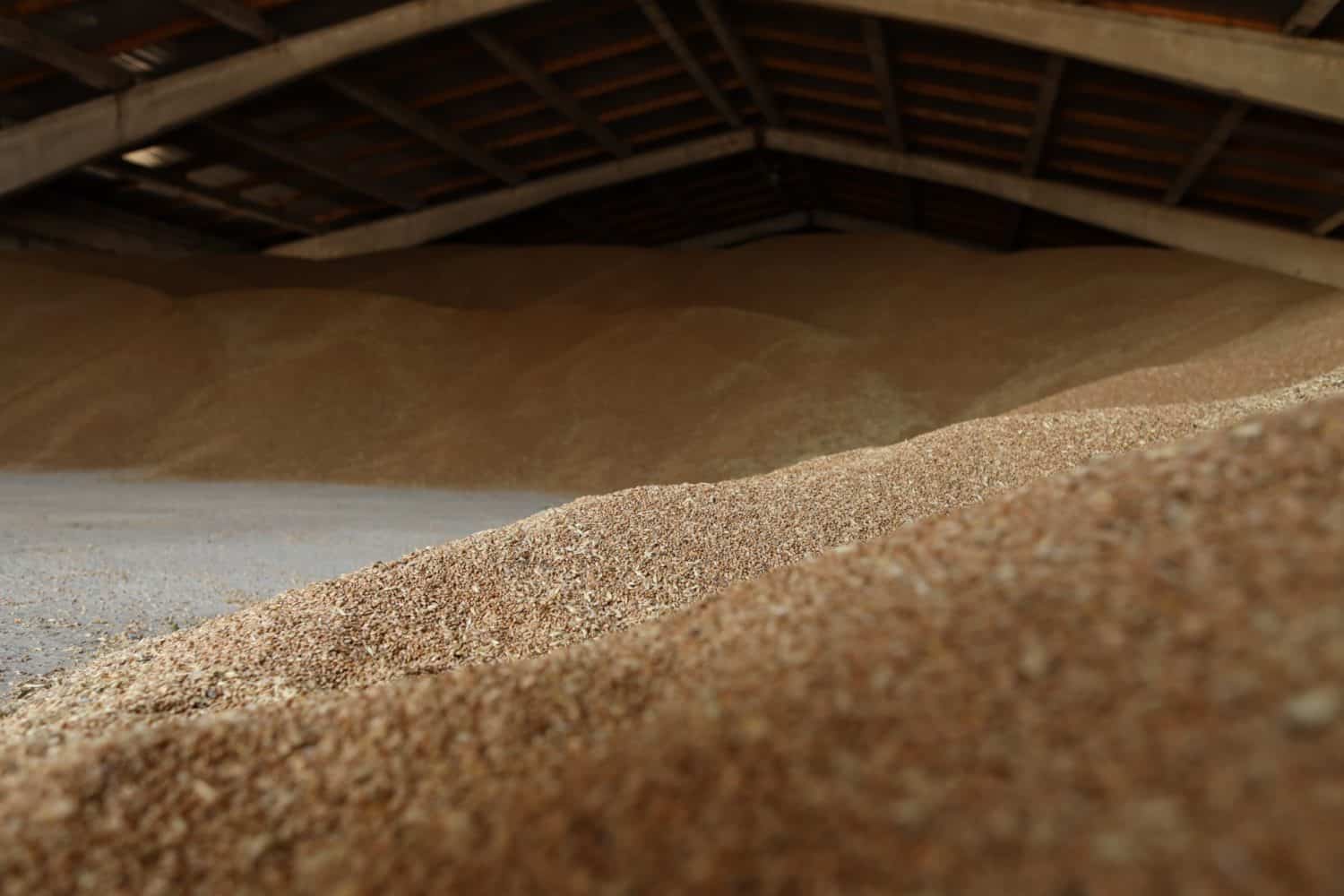GENEVA, SWITZERLAND – United Nations chiefs held talks with Russian officials Friday on the Black Sea agreements on exporting grain and fertilizers, eight days before one of the deals is set to expire.
UN humanitarian chief Martin Griffiths and Rebeca Grynspan, head of UN trade and development agency UNCTAD, met a high-level delegation from Moscow, led by Russian deputy foreign minister Sergei Vershinin.
The talks took place behind closed doors at the UN Palais des Nations headquarters in Geneva and wrapped up mid-afternoon.
No statement has yet been issued following the meeting.
“It is hoped that the discussions will advance progress made in facilitating the unimpeded export of food and fertilizers originating from the Russian Federation to the global markets,” UN spokeswoman Alessandra Vellucci told reporters shortly after the meeting began.
10.2 million tonnes exported
Two agreements brokered by the UN and Turkey were signed on July 22.
The first was to allow the export of Ukrainian grain blocked by Russia’s war in the country, while the second was on the export of Russian food and fertilizers despite Western sanctions imposed on Moscow following its invasion of Ukraine.
The 120-day Black Sea Grain Initiative runs out on November 19, and the United Nations is seeking to renew it for one year.
Moscow, however, has not yet said whether it will agree to that.
It has complained that the second agreement exempting its fertilizers from sanctions, which is due to run for three years, is not being respected.
Ukraine is one of the world’s top grain producers and the Russian invasion had blocked 20 million tonnes of grain in its ports until the safe passage deal was agreed.
Until Thursday, 10.2 million tonnes of grains and other foodstuffs had been exported from Ukraine under the deal, relieving some fears over a deepening global food security crisis.
‘Very serious’ implications
The UN’s Food and Agriculture Organization said the implications could be very concerning for global food security if the deal is not renewed.
“We see it as an important initiative that has improved food availability,” said Boubaker Ben-Belhassen, director of the FAO’s markets and trade division.
“However, should we be in a scenario that nobody wants to see, that there is a termination of the deal, I think the situation could be really difficult and the implications could be very serious,” he told reporters via video-link from Rome, where the FAO is based.
He pointed in particular to global food security, prices, availability and food staples.
Ben-Belhassen said that in the short term prices would increase, especially for wheat, maize and sunflower seed oil, while availability of grains on the global market would go down.
There could be a heavy impact on countries that depend on Black Sea imports, notably in the Middle East and North Africa.
Ben-Belhassen also warned of the impact within Ukraine if the deals are not renewed.
The grain agreement has until now allowed Ukraine to release stocks from the last winter harvest, easing storage capacity pressure, he said.
It has also given farmers in the war-torn country a revenue stream, allowing them to make decisions on future investments and planting the next crop, he added.








